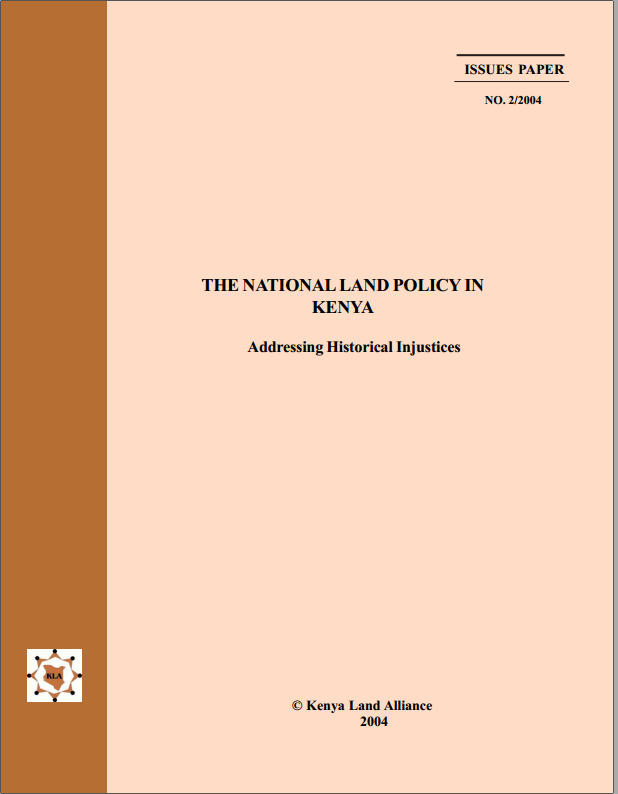Land reform: Land settlement and cooperatives
Although ancestral rights to land are a cornerstone of the livelihoods of indigenous peoples, few countries have been ready to undertake their recognition. Lack of political will together with obstacles such as lack of legal recognition of indigenous rights in national legal frameworks and tenure regimes, different forms of discrimination and inappropriate policies towards indigenous peoples are at the root of some of the limitations that are found with regard to the recognition of indigenous peoples’ land rights.





